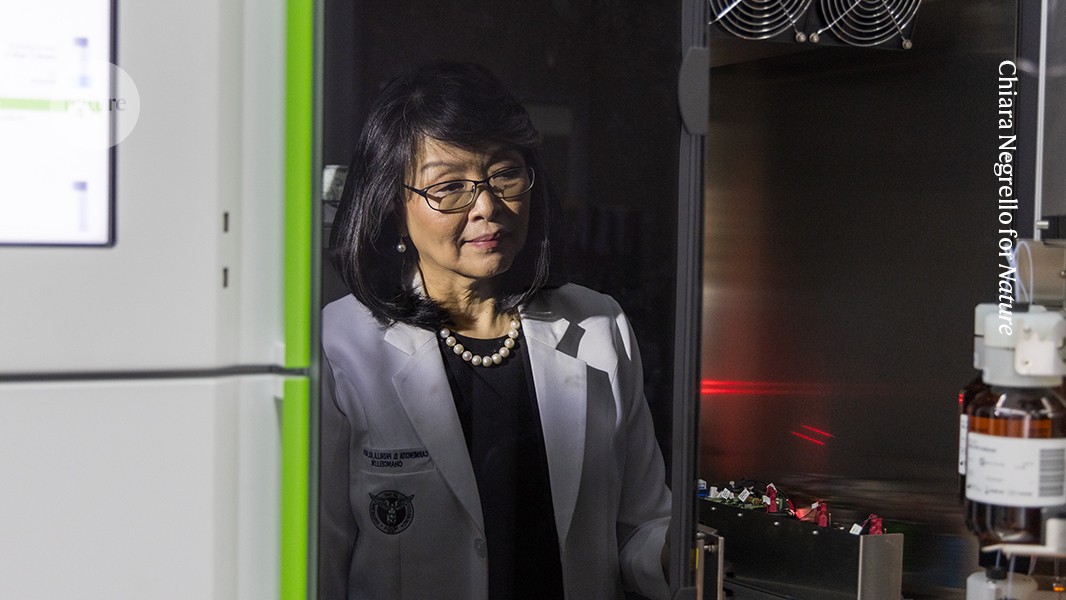
"Standing by this instrument in my laboratory, I am transported back three decades, when I launched a pilot study that became the Philippines' newborn health-screening programme."
"When our pilot began in 1996, we manually tested the babies' blood-spot samples, one by one, for five common health conditions."
"Health-screening programmes such as this quickly detect conditions that can cause learning disabilities, delayed development and even death without early intervention."
"However, such screening isn't available for 70% of babies worldwide."
The article discusses the evolution of newborn health-screening programs from a manual testing pilot in the Philippines initiated in 1996 to an advanced automated process today, capable of testing thousands of samples efficiently. These programs play a crucial role in identifying health conditions early, which can prevent severe developmental issues or fatalities. Despite this progress, the article highlights a significant global gap, as approximately 70% of infants around the world do not have access to newborn screening, emphasizing the need for wider implementation of such health initiatives.
Read at Nature
Unable to calculate read time
Collection
[
|
...
]